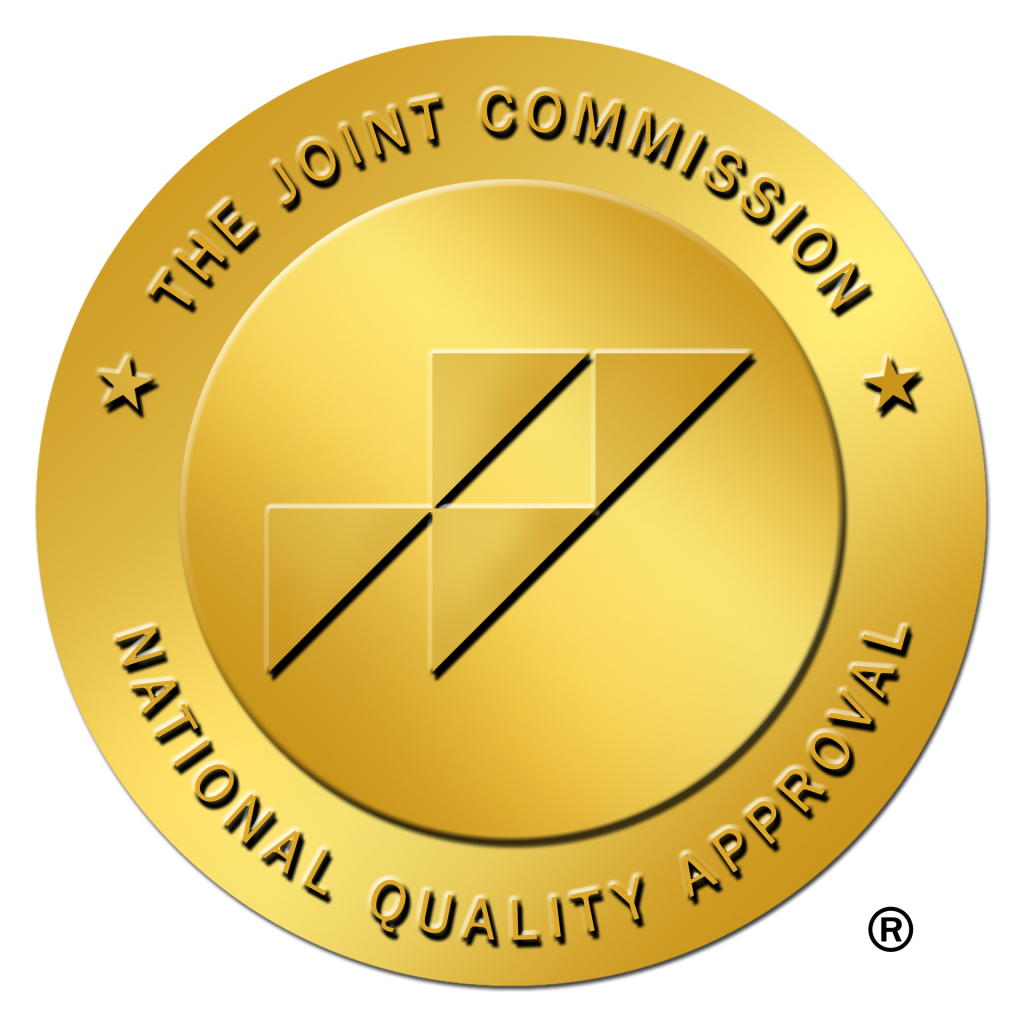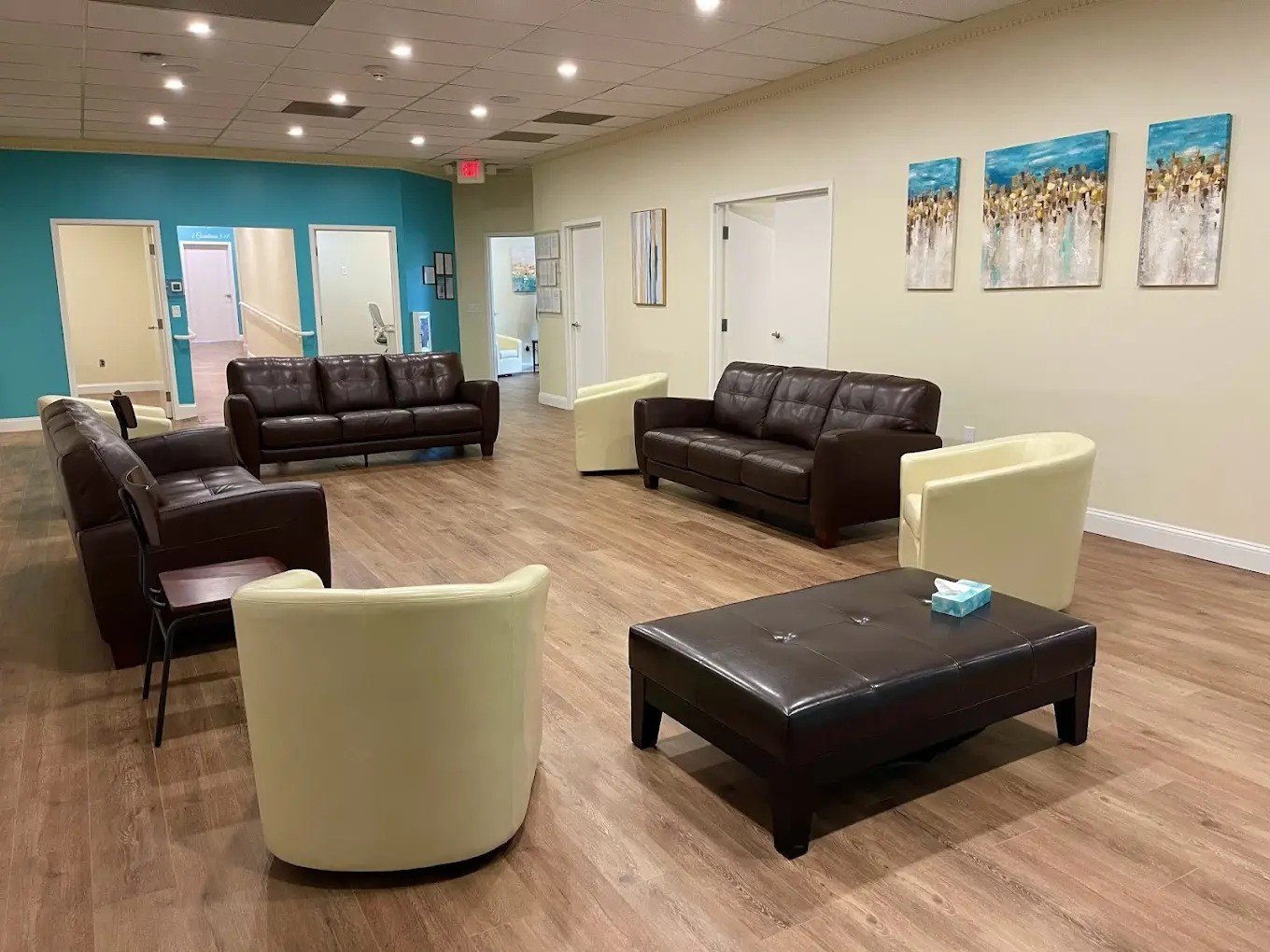Outpatient Drug Rehab Near Me
What is Outpatient Drug Rehab?
Outpatient drug rehab is a form of substance abuse treatment that allows individuals to live at home while receiving care. It offers flexibility, especially for those with personal or professional commitments, making it an attractive option for many seeking recovery. This model of care contrasts with inpatient rehab, where individuals reside in a facility for a designated time.
Outpatient programs typically include a range of services such as counseling, therapy, and medical support. This approach is particularly beneficial for those with strong support systems at home or those who have already completed an inpatient program. By attending outpatient rehab, individuals can continue to work, attend school, or take care of family responsibilities while working on their recovery.
Core Components of Outpatient Treatment
Outpatient drug rehab near me encompasses several core services to ensure comprehensive recovery support. These programs often feature individual counseling sessions that allow for personalized attention and care. Through one-on-one interactions, therapists can help clients uncover the root causes of their addiction and develop coping mechanisms.
Group therapy sessions provide a communal environment where individuals can share experiences and learn from one another. These groups foster a sense of belonging and offer insights into different perspectives on the recovery journey. Additionally, family therapy is a crucial component, as it helps to rebuild relationships and develop a supportive home environment.
At New Chapter Recovery, we emphasize medication-assisted treatment (MAT) to address withdrawal symptoms and reduce cravings. This evidence-based approach is combined with therapy to enhance the chances of long-term sobriety. Programs like Partial Hospitalization (PHP) and Intensive Outpatient (IOP) are structured to offer varying levels of care, tailored to individual needs.
Specialty Tracks in Outpatient Rehab
Our center provides unique specialty tracks to cater to diverse client needs. One such track is animal-assisted therapy, which uses animals as a form of treatment to promote emotional regulation and socialization. Many clients find comfort and motivation through interactions with therapy animals.
We also offer veterans treatment programs that address the specific challenges faced by those who have served. Utilizing VA and Tricare benefits, our programs ensure that veterans receive the care tailored to their experiences. Moreover, faith-based recovery options are available, providing spiritual support and guidance for those who seek it.
The Importance of Dual Diagnosis
Our center is distinctive for its integrated dual diagnosis model. This approach is essential for addressing both substance use disorders and co-occurring mental health conditions. Often, these conditions are intertwined, with one exacerbating the other.
Dual diagnosis treatment involves a comprehensive assessment that identifies all mental health and substance abuse issues. This allows our clinical team to create an individualized treatment plan targeting both areas. By doing so, we aim to improve overall outcomes and assist clients in achieving sustainable recovery.
Our trauma-informed clinical practices ensure that clients receive sensitive and effective care. By acknowledging and addressing past traumas, our team helps clients heal from the inside out, reducing the risk of relapse and promoting a healthier future.
The ability to address complex mental health needs alongside addiction treatment is what sets our center apart. Our proprietary therapeutic modalities include CBT, DBT, and motivational interviewing, each specifically chosen to adapt to client needs and maximize treatment effectiveness.
Balancing Rehab and Daily Life
Outpatient drug rehab near me such as New Chapter Recovery offers the flexibility needed for clients who juggle work or family obligations. Our programs are designed to accommodate varying schedules, with both day and evening sessions available. This flexibility allows clients to integrate treatment into their daily lives without sacrificing responsibilities.
For working professionals, our Intensive Outpatient Program (IOP) provides an ideal solution, offering structured sessions either in the morning or evening. This allows individuals to maintain employment while actively pursuing recovery. Similarly, our Partial Hospitalization Program (PHP) offers a more intensive schedule that supports clients needing a higher level of care while allowing them to return home each evening.
Streamlined Admissions Process
At New Chapter Recovery, we prioritize a smooth and efficient admissions process. Our dedicated team ensures that clients can begin their treatment journey without unnecessary delays. We offer free confidential assessments to evaluate each individual’s needs and determine the most appropriate level of care.
Insurance verification is conducted swiftly, typically within minutes, ensuring that clients receive clarity on coverage before starting treatment. Our team is experienced in handling both in-network and out-of-network insurance, with special expertise in Tricare benefits for veterans.
Evidenced-Based Treatments
Our approach to outpatient drug rehab near me integrates evidenced-based therapies with holistic practices. Cognitive Behavioral Therapy (CBT) and Dialectical Behavioral Therapy (DBT) form the backbone of our treatment modalities. These therapies emphasize changing negative thought patterns and developing emotional regulation skills.
Additionally, experiential therapies, including animal-assisted therapy, motivate clients through non-traditional means of engagement. Motivational interviewing helps in building intrinsic motivation, making clients active participants in their recovery journey. By diversifying therapeutic approaches, New Chapter Recovery caters to a wide range of preferences and needs.
Relapse Prevention Strategies
A core focus of our outpatient programs is relapse prevention. We equip clients with the tools and strategies needed to maintain sobriety long after treatment ends. Personalized treatment plans include goal setting and skills development essential for navigating triggers effectively.
Our step-down care strategy ensures clients transition smoothly from structured programs to independent living. This approach allows for gradual reintegration into everyday life with ongoing support, reducing the likelihood of relapse and fostering a stable recovery environment.
Community and Support Systems
Building a strong support network is crucial for successful recovery. At New Chapter Recovery, we emphasize the role of community in the healing process. Clients are encouraged to engage with peer groups, fostering relationships with others who understand their journey.
Family support is actively integrated into our programs, helping to repair and strengthen familial bonds. By involving family members, we ensure that clients have a supportive environment to rely on, both during treatment and beyond. Open communication and family education are prioritized to create an informed and understanding home environment.
Measuring Success
At New Chapter Recovery, we believe in the importance of measurable clinical outcomes. Through individualized goal setting, we track progress and adjust treatment plans as needed. Our focus on evidence-based practices ensures that clients receive the most effective care possible.
Regular evaluations allow us to monitor client progress and adapt strategies to meet evolving needs. By maintaining transparency and continuous assessment, both clients and their support systems can observe tangible improvements, boosting motivation and commitment.
Aftercare and Long-term Maintenance
Aftercare planning is a critical component of successful outpatient drug rehab near me. At New Chapter Recovery, we coordinate aftercare plans to ensure continued support and maintenance of recovery post-treatment. These plans include access to ongoing therapy, peer support groups, and resources for additional services as needed.
With a focus on long-term success, our center fosters community reintegration and sustained sobriety. We maintain open lines of communication with clients, families, and referral sources, ensuring that all parties remain informed and engaged in the recovery process.
Our commitment to supporting clients after treatment reflects our dedication to their enduring recovery journey. By providing resources for lifelong sobriety, we empower individuals to build fulfilling, substance-free lives.
What is outpatient drug rehab and how does it differ from inpatient care?
Outpatient drug rehab is a flexible form of substance abuse treatment that allows individuals to live at home while receiving therapeutic care and support. Unlike inpatient rehab, where participants stay full-time at a facility, outpatient programs let you continue your daily activities, such as work or school. It’s especially beneficial for those who have supportive environments at home or for individuals who have completed inpatient programs and need continued care. This way, you integrate recovery into your daily routine, which can aid in a smoother transition to a substance-free life for many.
What are the core components of outpatient treatment?
Outpatient treatment typically encompasses a range of services including individual counseling, group therapy, family therapy, and medication-assisted treatment (MAT). For instance, at New Chapter Recovery, this integrated approach helps clients address the root causes of addiction while developing coping strategies. We also offer structured programs like Partial Hospitalization Programs (PHPs) and Intensive Outpatient Programs (IOPs) tailored to individual needs. The combination of evidence-based therapies with holistic practices creates a comprehensive support system that empowers individuals on their recovery journey.
How does dual diagnosis improve the outcomes of outpatient rehab?
Dual diagnosis is crucial for individuals who struggle with both substance use disorders and mental health conditions. At centers like New Chapter Recovery, an integrated dual diagnosis model ensures that both issues are treated simultaneously, considering how intertwined they can be. This method reduces the risk of relapse by addressing all underlying factors contributing to substance abuse. The treatment involves comprehensive assessments and personalized plans that target both mental health and addiction, promoting sustainable recovery.
How can I balance outpatient rehab with my daily responsibilities?
Balancing rehab with daily responsibilities is one of the key advantages of outpatient treatment. Programs at New Chapter Recovery, for example, are designed with flexibility in mind, offering both day and evening sessions to accommodate different schedules. Whether you’re a working professional, a parent, or a student, these programs allow you to continue your daily routines while receiving the support necessary for recovery. This balance not only helps maintain responsibilities but also encourages the integration of coping strategies and new habits into everyday life.
Are there specialized programs within outpatient rehab?
Yes, many outpatient centers, including New Chapter Recovery, offer specialty tracks to address specific needs. For instance, we provide animal-assisted therapy, which has been shown to promote emotional regulation and motivation. We also have programs tailored for veterans, utilizing VA and Tricare benefits, and faith-based recovery options for those seeking spiritual support. These specialized tracks ensure that the treatment aligns with individual values and experiences, thereby enhancing the effectiveness of the recovery process.
What strategies are used in outpatient rehab to prevent relapse?
Relapse prevention is a cornerstone of outpatient rehab. Strategies typically include personalized treatment plans, goal setting, and skills development to handle triggers effectively. At New Chapter Recovery, our step-down care approach allows for gradual reintegration into daily life, providing ongoing support and reducing relapse risks. By equipping clients with tools and strategies for maintaining sobriety, such as coping mechanisms and a strong support network, we aim to foster a stable recovery journey.
How important is community and support systems in outpatient rehab?
Community and support systems are vital to successful recovery. Engaging with peers who understand one’s journey fosters a sense of belonging and mutual support. At New Chapter Recovery, we emphasize the role of family and community, encouraging open communication and involvement. By integrating family support into our programs and encouraging peer interactions, we create a supportive environment conducive to recovery. This ensures that clients have a reliable support network both during and after treatment.
What does aftercare planning look like in outpatient rehab?
Aftercare planning is a critical component of ongoing recovery. It involves coordinating access to therapy, peer support groups, and additional services post-treatment. At New Chapter Recovery, we focus on long-term success by maintaining communication with clients and their support systems, ensuring that they have the tools needed for community reintegration and sustained sobriety. By providing resources and continuous support, aftercare plans empower individuals to maintain a fulfilling, substance-free life over the long term.
Resources
- Substance Abuse and Mental Health Services Administration (SAMHSA) – SAMHSA is a government organization that leads public health efforts to advance the behavioral health of the nation.
- National Institute on Drug Abuse (NIDA) – NIDA is a research-focused organization that aims to advance science on the causes and consequences of drug use and addiction.
- American Psychiatric Association – The American Psychiatric Association is a professional organization of psychiatrists working to ensure humane care and effective treatment for all persons with mental disorders.
- National Alliance on Mental Illness (NAMI) – NAMI is a grassroots mental health organization dedicated to building better lives for the millions of Americans affected by mental illness.
- Alcoholics Anonymous (AA) – AA is an international fellowship of men and women who have had a drinking problem. It is nonprofessional, self-supporting, multiracial, apolitical, and available almost everywhere.






